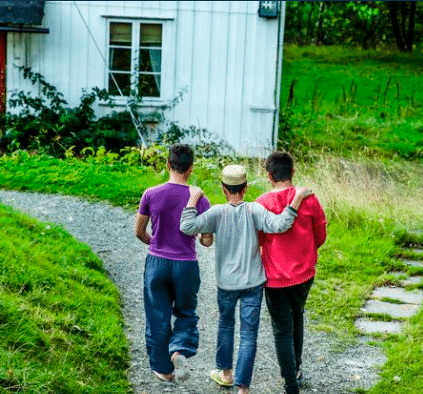
Following high numbers of refugee arrivals in 2015, European countries have responded with restrictive policies reinforcing the temporary nature of the protection they are willing to provide. These measures, part of a ‘return turn’ in the practice of refugee law, include granting short-term protection permits to refugees from certain groups, stricter requirements for receiving permanent residence, and regular protection reviews to identify people whose need for asylum no longer exists.
Temporary protection policies create unique challenges for the inclusion of refugees in receiving communities, and for the welfare system more broadly. Refugees with a temporary status often come from fragile states and are unlikely, for a number of reasons, to actually return in the near future.
This project explores the effects of temporary protection policies on refugee law and refugee lives in Norway, Denmark and the UK. By investigating how (primarily) post-2015 policies change the parameters of protection of Afghans, Somalis and Syrians, the project seeks to analyse how temporary protection policies are framed, justified and applied vis-à-vis protracted refugee populations from Syria, Afghanistan and Somalia. This project also seeks to better understand the consequences of these policies on refugee lives and contribute to reflection around interdisciplinary research methods in the field of migration.
Evidence from this project will inform policy dialogue concerning the tensions and tradeoffs that temporary protection policies involve, in Norway and elsewhere in Europe. It will also critically assess these developments in light of European international refugee law.